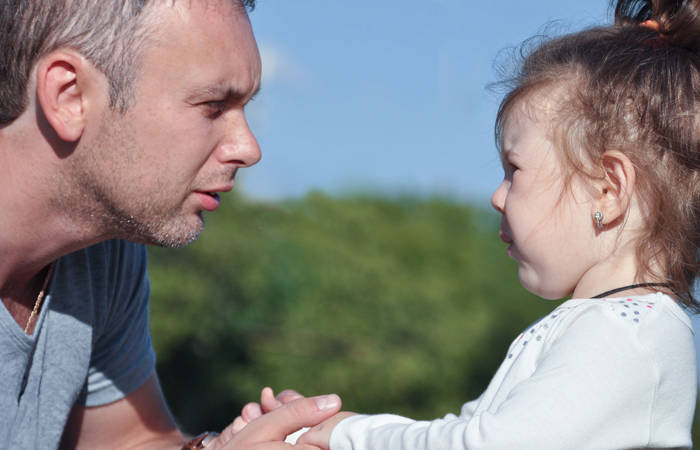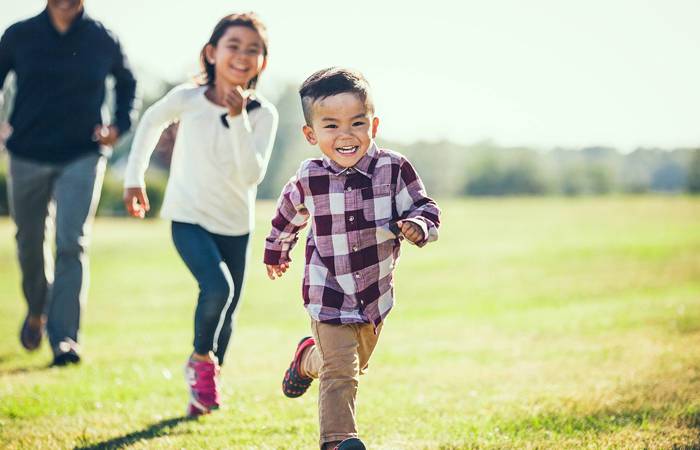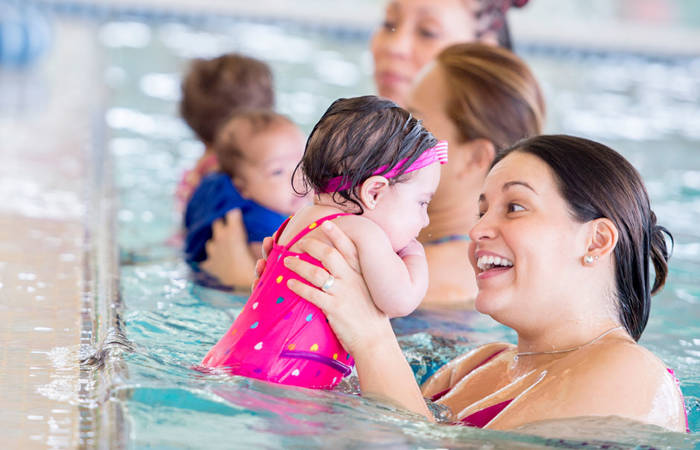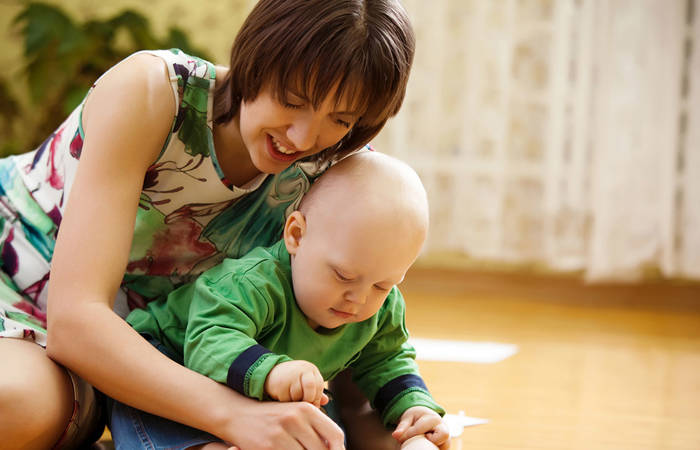Like what you see?
Sign up to receive more free parenting advice.
Thank you for subscribing to our newsletter!
Child Development
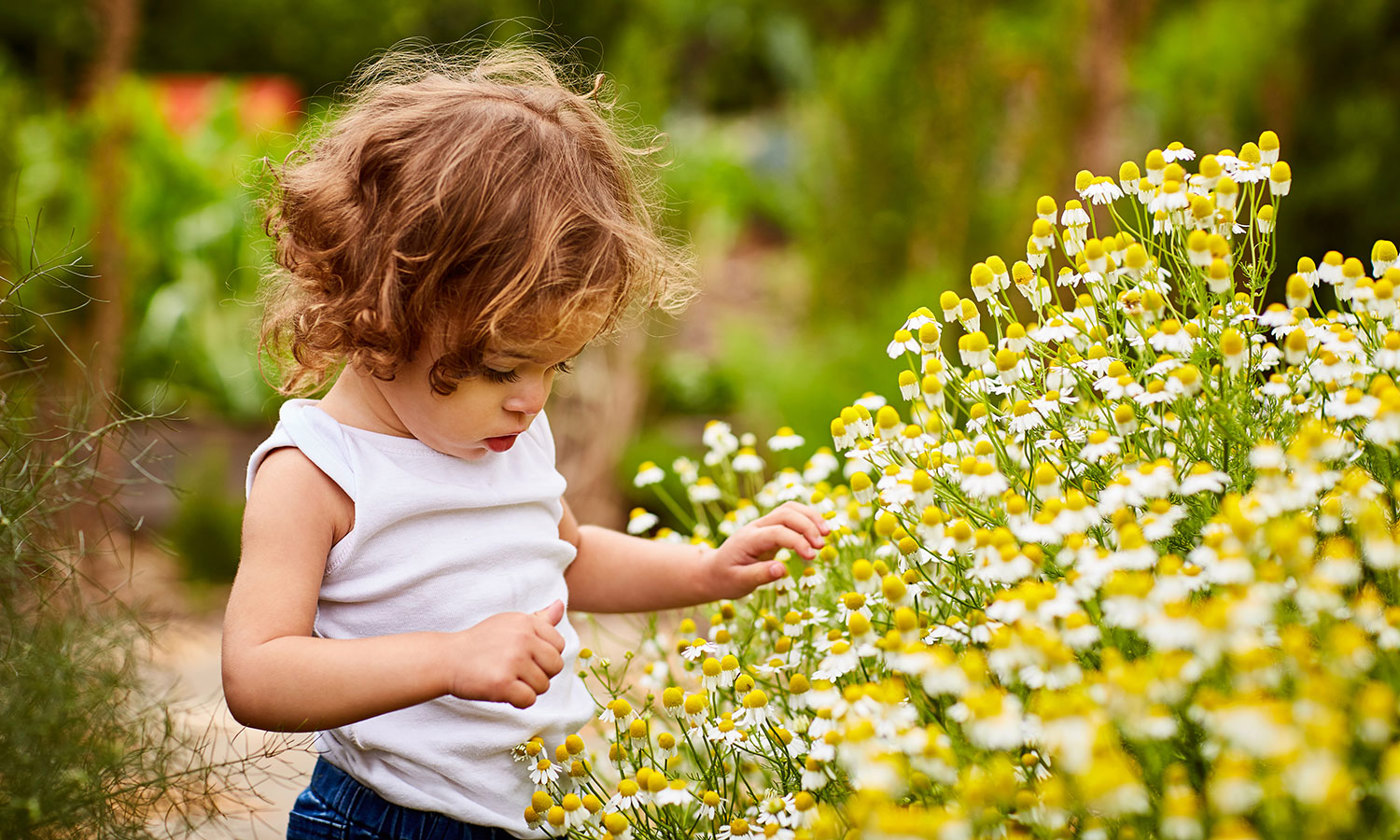
Credit: iStock.com/kupicoo
The importance of mental health is not a new concept. However, the way we look at mental health is changing.
“While the COVID-19 pandemic placed enormous pressure and stress on families, it also shone a light on the need to take proactive action on our mental health, and particularly the mental health and wellbeing of our children,” explains Dr Addie Wootten CEO of Smiling Mind .
In the 2021 State of Mind report, Smiling Mind found that 41per cent of parents believed the pandemic had a negative impact on the mental wellbeing of their children, however, only two-thirds felt confident in addressing their children’s mental health needs.
“The pandemic really challenged the way people think about what they can be doing to look after their own mental health,” says Dr Wootten.
“Instead of being reactive, only asking for help in a crisis, people have moved to this idea that mental health is something we can work on every day, to be proactive and use preventative strategies to build mental health skills.”
Mindfulness in preschoolers
Dr Wootten describes mindfulness as cultivating a state of wellbeing and awareness to live in the present moment in an open, non-judgemental and curious way.
Typically, adults practice mindfulness through meditation.
Sitting cross-legged on a yoga mat for an extended period wouldn’t work for the majority of preschoolers, so how does mindfulness look for them?
“The good news is that preschoolers are naturally mindful,” says Dr Wootten.
“When we are young, we are curious and we are open to learning, which is the basics of mindfulness.
“For young children, it isn’t necessarily about teaching them to be mindful, but rather supporting them to continue to develop their natural sense of mindfulness and not lose it.”
She says that it’s about giving young children the opportunities to savour experiences, giving them time to explore and experiment.
She also emphasises that it’s about not overstimulating their environment, for example trying to pack each day with lots of activities and not having enough downtime.
“Giving young children the opportunity to tune into their senses during a present moment is a really mindful practice,” explains Dr Wooten.
“For example, get them to focus on their breathing and how their breath feels in their body, or get them to tune into their senses when they’re in a particular environment: what can they hear, what can they smell, what can they feel?
“Giving children time and space to connect with those senses helps them regulate the stimuli around them and helps children learn how to calm their bodies.”
Teaching children from a young age to observe and acknowledge their feelings, rather than get stuck in a cycle of worrying, is a critical skill that can prevent the onset of those specific mental health challenges.Dr Addie Wootten
Stay up to date with the latest news and articles from First Five Years
Thank you for subscribing to our newsletter!
The benefits of mindfulness
Mental health statistics for children are grim.
Half of all mental illness begins by the age of 141.
One in seven primary school aged children experience mental illness2.
“While the research on the benefits of practicing mindfulness in preschoolers is still in the early stages, if we look at the data from research with older children and adults, it has a range of benefits,” says Dr Wootten.
“We are able to track the changes in the functions of the brain and see how the neural pathways are strengthened in different areas.”
One of those benefits is our response to stressful situations.
Through the regular practice of mindfulness, our stress response becomes less reactive, so we are better equipped to tolerate different levels of stress without having a huge influx of stress hormones like, adrenaline and cortisol.
“For young children, they are better able to manage change and complexity in a more regulated way, rather than getting emotionally overwhelmed,” adds Dr Wootten.
Another key benefit is the change in a child’s executive function – where we process complex emotions and build emotional intelligence – which helps us to read other people’s emotions and understand their behaviour.
“While young children aren’t always going to be able to tune into other’s feelings and read their emotions, giving them the opportunity to learn about emotions and feel those emotions is the first step in building emotional intelligence,” says Dr Wootten.
In the long term, building mindfulness practice into regular routines from an early age, will promote mental health and may help to prevent some mental illnesses.
“There are a lot of mental health challenges that involve ruminating, so being continuously anxious, repeatedly thinking and worrying about a specific thing,” explains Dr Wootten.
“Teaching children from a young age to observe and acknowledge their feelings, rather than get stuck in a cycle of worrying, is a critical skill that can prevent the onset of those specific mental health challenges.”
The practice of mindfulness also helps to build resilience in young children.
“It can provide them with the capabilities and resources to navigate challenges and the self-confidence to overcome those challenges,” adds Dr Wootten.
Mindfulness exercises for preschoolers
Smiling Mind has developed a free app which provides mindful exercises for various age groups – including young children aged three to five years old.
It also has a family section, where parents can access resources and activities to practice mindfulness together as a family.
Dr Wootten recommends the following five mindful exercises parents can do with their preschooler:
- Mindful Breathing – parents can model being aware of your breath and how it travels through your body.
- Mindful Eating – during a meal, focus on one food item and discuss how their senses respond to that particular food.
- Get out in nature - while playing outside in the garden, or going for a walk, talk about their senses: what can they see, hear, smell and feel?
- Mindful movement - a good one for kids who struggle to sit still, practicing a movement, like stretching, while being mindful of how their body moves and feels during that movement is a great way to create focus and reduce stimuli.
- Practicing gratitude - stopping and recognising what they’re grateful for is a great tool to reflect on their day and highlight the positives. For example, at the dinner table, taking turns to say one thing that went well today, or one thing they are grateful for.

